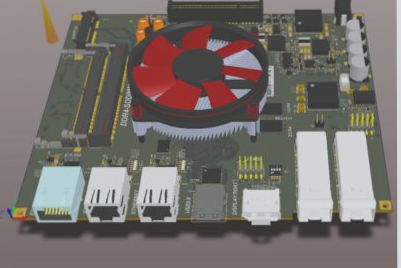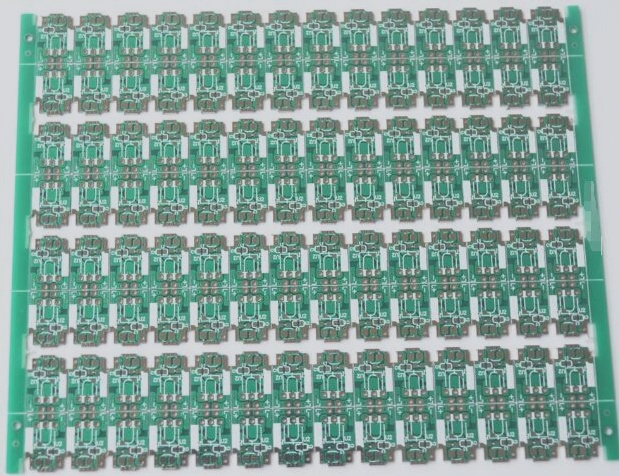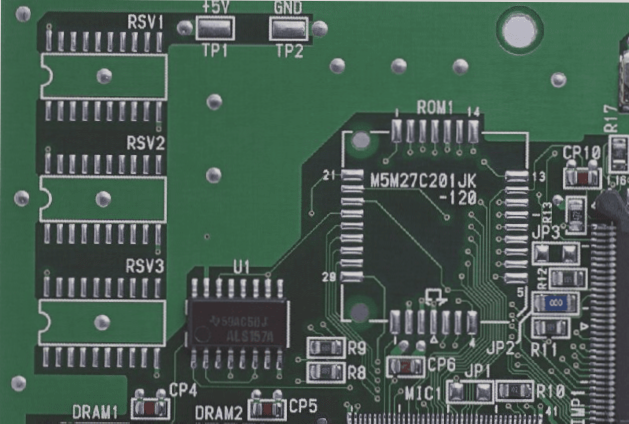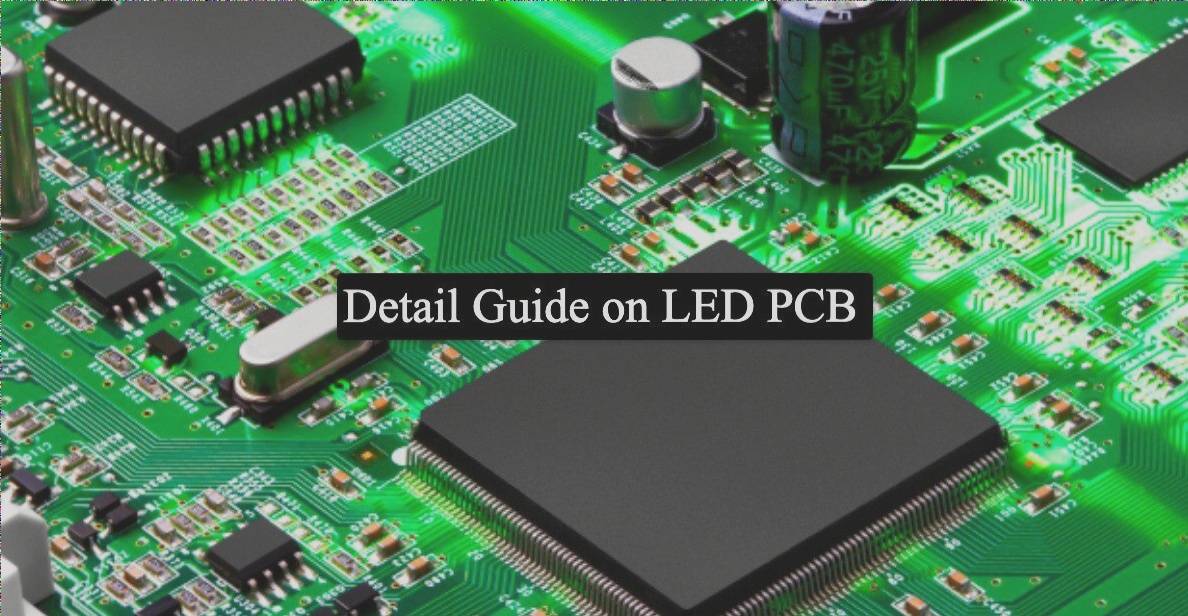Minimizing False Soldering Defects in PCBA Processing
When it comes to avoiding false welding defects in PCBA processing, attention to detail is key. Technicians often encounter false soldering issues during the soldering process, stemming from various factors. The main challenge lies in ensuring that the solder fully penetrates the pads and component pins, enabling a complete soldering connection. To tackle this issue effectively, consider the following strategies:
- Moisture-proof Component Storage: Components left exposed to air for prolonged periods can absorb moisture and oxidize, hindering proper cleaning during soldering and leading to false soldering defects. To prevent this, store moisture-laden components in ovens for baking and replace oxidized components.
- Choose Quality Solder Paste: Selecting solder paste from reputable brands like Senju, Alpha, and Victory is crucial. The composition and flux configuration of the solder paste significantly impact flux activation during soldering, ensuring complete infiltration into the pads and reducing soldering defects.
- Adjust Printing Parameters: Inadequate tin application during the printing process can contribute to false soldering issues. Adjust squeegee pressure, choose the right steel mesh, and ensure the mesh opening allows for sufficient tin application.
- Control Reflow Soldering Temperature: Properly managing soldering time in the reflow process is essential. Inadequate time in the preheating zone can impact flux activation, while incorrect soldering zone time can lead to defects.
- Reduce Manual Soldering: Minimize manual soldering with an electric soldering iron to decrease the risk of human error. Reflow soldering offers more consistent results and enhances welding quality.
- Avoid Extreme Soldering Iron Temperatures: Improper soldering iron operation can result in temperatures that are too high or too low, causing defects. Maintain a clean soldering iron tip, adjust power levels based on components, and keep temperatures between 300°C and 360°C.
False soldering and soldering defects in PCBA welding have various root causes, but implementing these preventive measures can effectively minimize these issues. By focusing on quality control, proper storage, and precise soldering techniques, technicians can enhance the overall reliability and performance of PCBA processes.




